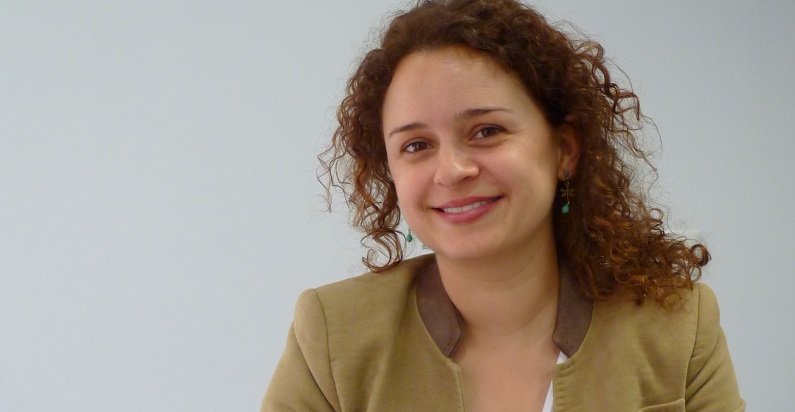-
21 November 2014
Category : Interview
”The Rabat Process opens up a new era in understanding the phenomenon of migration”
On 27th November in Rome, a high-level conference will be held between African and European government ministers within the framework of the "Rabat Process", a dialogue on migration and international development that has the support of the FIIAPP for its implementation. Lorena Andrés, the coordinator for this project in the FIIAPP, talks to us about the past, present and future of this dialogue.

In 2006, a total of 57 European and African countries started the “Rabat Process”to address the challenges of migration and also the development opportunities it generates. Why did these countries decide to join the “Rabat Process”?
The approval of the first Declaration of the Rabat Process in 2006 recognized that Euro-African migration routes, especially the West African route, represent a complex phenomenon that requires the close collaboration of all the states involved. In addition, it placed the emphasis on the search for formulas that boost the positive effects migration can have on development in African countries. Thus the Rabat Process opened up a new era in understanding the phenomenon of migration and provided a new and comprehensive approach to managing it appropriately and collaborativelybetween the countries of West and Central Africa, the Maghreb and Europe, that is, between the countries of origin, transit and destination for migration.
The FIIAPP supports this dialogue. How is this support manifested?
The objective is to facilitate debate and the implementation of the third phase of the Euro-African Dialogue on Migration and Development (Rabat Process) by giving the members an open framework for consultation, coordination and cooperation; strengthening institutional capacities; and allowing participation in a constructive dialogue on migratory affairs.
Since 2008, the European Commission has been supporting the Rabat Process through the execution of “Support Projects” that address the political process. The first, from 2008 to January 2011, was supported with funding from the Spanish Agency for International Development Cooperation (AECID). Since 2008, the FIIAPP has been part of the Support Projects for facilitating dialogue. Currently we are in the third phase of the process, supporting implementation of the Dakar Strategy.A Ministerial Conference is being held this month in Rome within the framework of the process. What is the objective of this Conference?
The Ministerial Conference aims to approve the political declaration and its annexes, the Rome Cooperation Programme for 2015-2017.
It’s not the first…
Since 2006, three political declarations have been approved and put into practice with their respective programmes or action plans: Rabat in 2006, Paris in 2008 and Dakar in 2011. In these years, the political debate was focused on including measures oriented towards fighting irregular migration and leveraging, in cooperation with third countries, the benefits of legal migration. There was also a desire to boost the synergies between migration and development by boosting the role of the diaspora, among other actions.
What will the objectives of the Rome declaration be?
The Rome declaration emphasizes, among other things, the need to adapt to changes and new contexts, such as South-South cooperation at the regional level. In addition, the central role played by stakeholders such as local authorities (e.g., municipalities), the diaspora, civil society and the academic sector in developing a body of knowledge about migratory affairs was highlighted. The need to increase their cooperation and collaboration with authorities at both the national and regional level was also noted.
At the moment, the “Rabat Process” has worked within the political framework of the migrants’ countries of origin and the receiving countries. Will this new phase work on more concrete aspects?
In effect, this new phase of the Rabat Process seeks to bring a political dimension to concrete issues on the ground by making them operational. The aim is to do this by strengthening different thematic priorities.
One example of the main priorities to be tackled during this
phase of the Process are:– Strengthen the migration-development nexus for contributing to sustainable development in the countries of origin and destination. Along these lines, there is a desire to involve the organizations representing the diaspora to a greater degree, as well as to increase the positive effect of remittances while respecting their private nature.
– Prevention of and the fight against irregular migration and, specifically, human trafficking. In this context, there is a desire to strengthen cooperation in the management of borders and in return policies.
The views and opinions expressed in this blog are the sole responsibility of the person who write them.






